Ever caught your teen with their hand in the cookie jar? Did you think it's just an innocent snack to fuel their study? Well, buckle up, because we've got some food for thought that might just change the snacks you stock up on.
The EHDLA (Eating Healthy and Daily Life Activities) study, which can be found on MDPI for those who want to geek out, has shed some light on how ultra-processed foods (UPFs) might be playing the villain in your kid's academic journey. Yes, we're talking about those easy-peasy, tasty treats that seem like a perfect solution to teenage hunger but might just be doing more harm than good.
Snack Attack: What Are UPFs?
But before we dive into the study, let’s get on the same page about UPFs. Imagine them as the culinary counterpart to fast fashion - they're convenient & they look good. Unfortunately, they're not exactly the best for long-term health. They're foods that have been heavily processed, loaded with sugars, fats, and additives to make them irresistible. Think instant noodles, sugary cereals, and those snack bars you grab in a rush.
The Study Lowdown
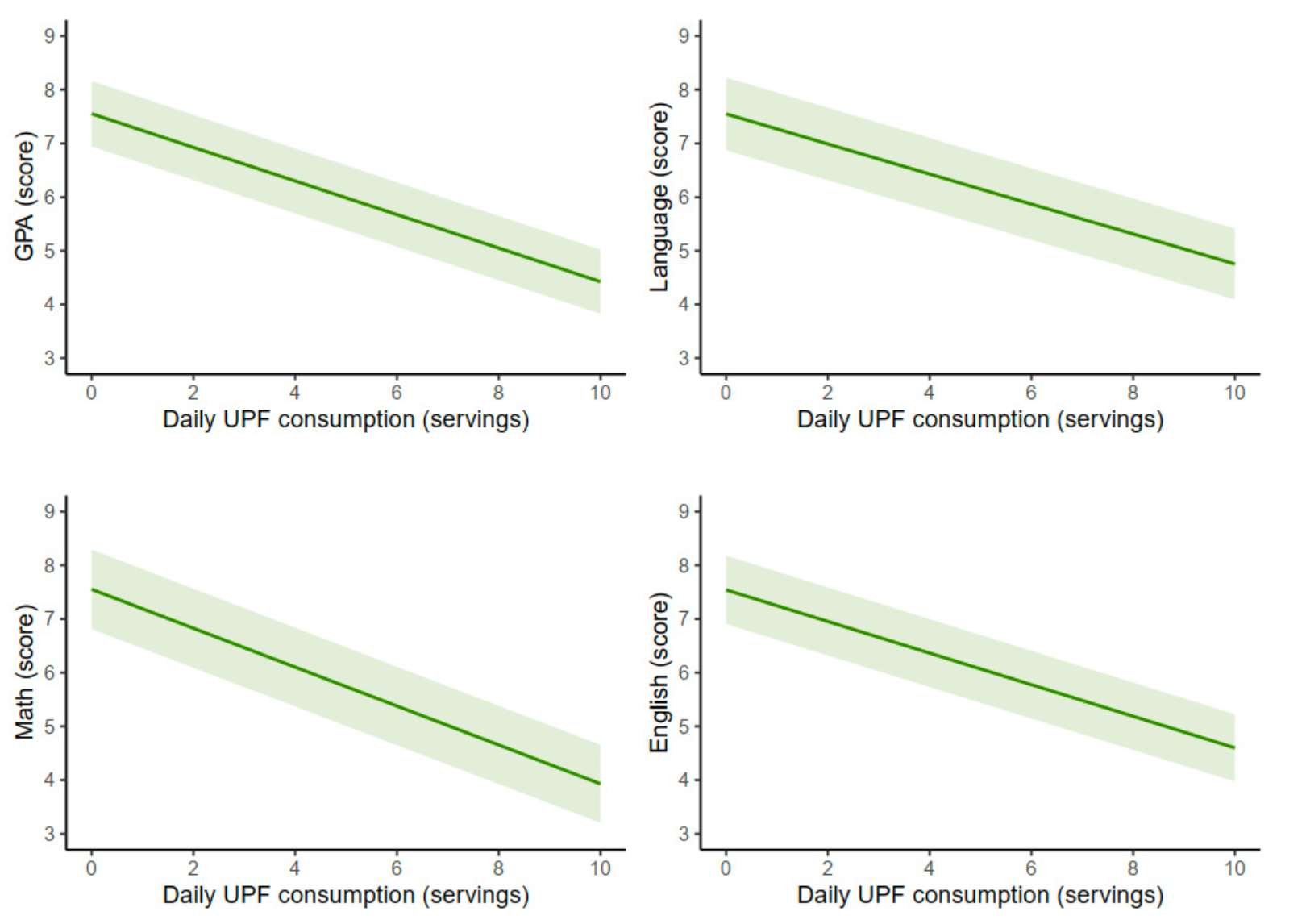
Researchers took a deep dive into the lives of 788 Spanish teenagers, aged 12-17, to see if there's any connection between their love for UPFs and their academic performance. And guess what? There's a notable correlation - the more UPFs your kids consume, the less likely they are to excel in school.
Here's the breakdown:
- GPA: If you're looking at the chart and wondering what GPA means, it stands for “Grade Point Average”, which encompasses the average score for each student. Higher intake of UPFs? Lower grades! It's like these snacks are dragging their academic performance down to the bottom of the snack bowl.
- Subject Scores: From language (in this case Spanish) to math to English (as a foreign language), the more processed food, the lower the scores. It's almost like their brain is saying, "I need real nutrients, not just flavour enhancers!"
Imagine this: your child reaches for a bag of chips or sweets before a study session, thinking they're set for success, only to find out they might be setting themselves up for a study slump.
Why This Matters for Your Kids
You're probably wondering how these snacks could be messing with their brain power. Here's the scoop:
- Nutrient Deficit: UPFs are often lacking in the brain-boosting nutrients like vitamins, minerals, and omega-3s. It's like sending your child to school without their backpack.
- Sugar Rush and Crash: High sugar content leads to energy highs and lows, which can affect focus and alertness - the last thing you want during a calculus test.
- Sleep Disruptor: Many UPFs with caffeine or sugar can disrupt sleep, and we both know a well-rested mind is key to learning. Picture this: your kid's brain might just be staging a mini-rebellion against algebra because of that latest sugary treat.
What Can You Do?
Don't panic! This isn't the end of snacks as we know them. Here's how you can guide your kids through the UPF minefield:
- Balance is Key: Encourage a mix of fresh fruits, vegetables, and good sources of protein like eggs, fish, or meat. It's not just good for health but for brainpower too.
- Label Literacy: Teach them to read food labels. If it sounds like it was made in a lab, it probably was.
- Cook Together: Make cooking a family affair. Even simple meals can be educational and nutritious.
The Takeaway
While this study has its caveats (hello, self-reported diaries), it's a wake-up call. Maybe next time your teen reaches for that ultra-processed snack, gently steer them towards something from Mother Nature's pantry. Their academic performance might just thank you for it.
Want to read more about UPFs?
Check out our Ultra-Processed Foods section or our popular post Ultra Processed Foods: A Beginner's Guide to the Nutritional Minefield.
Here's to smarter snacking and brighter futures for your kids!







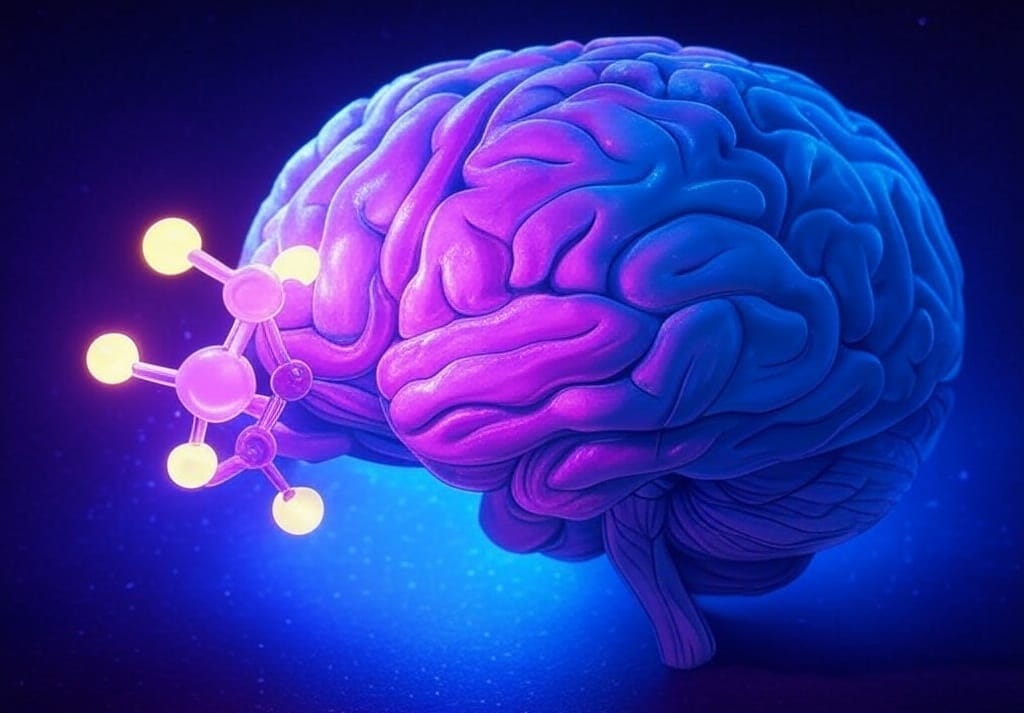
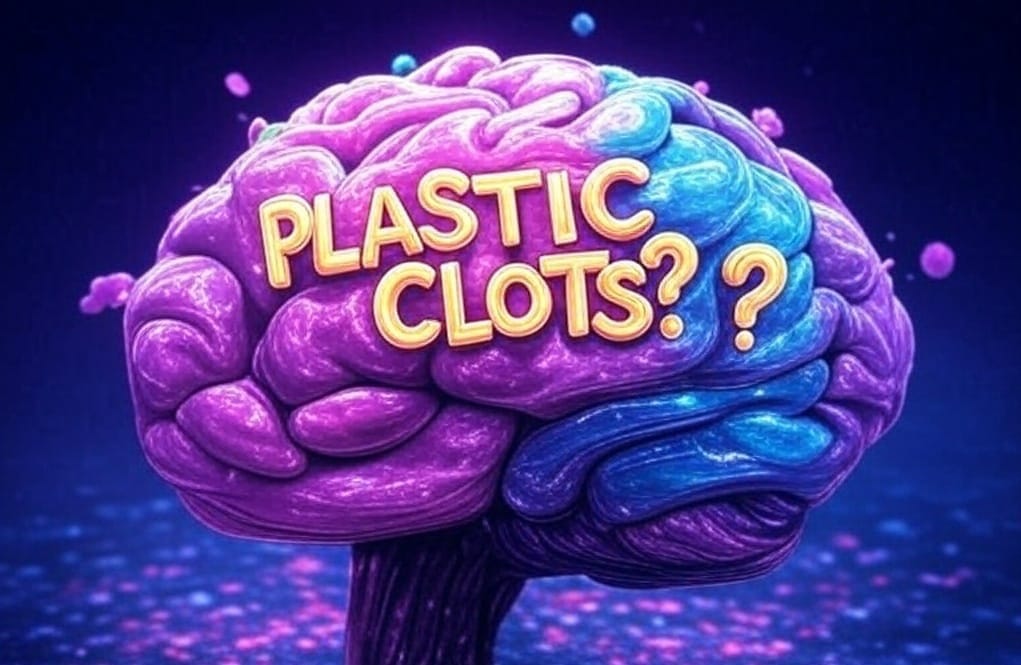
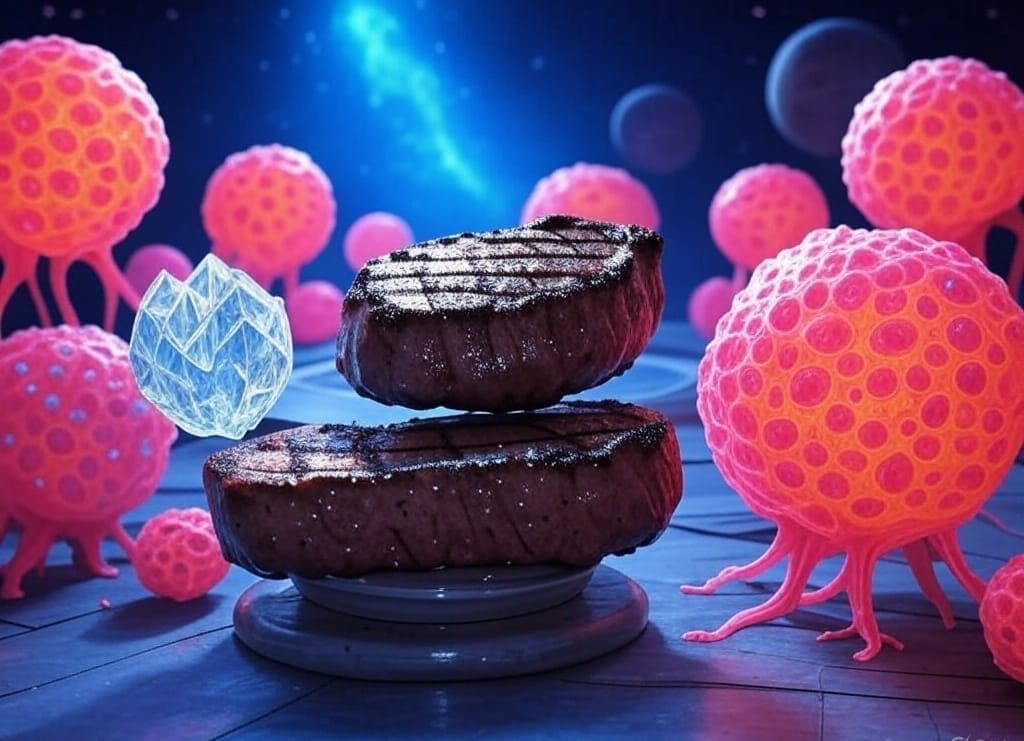

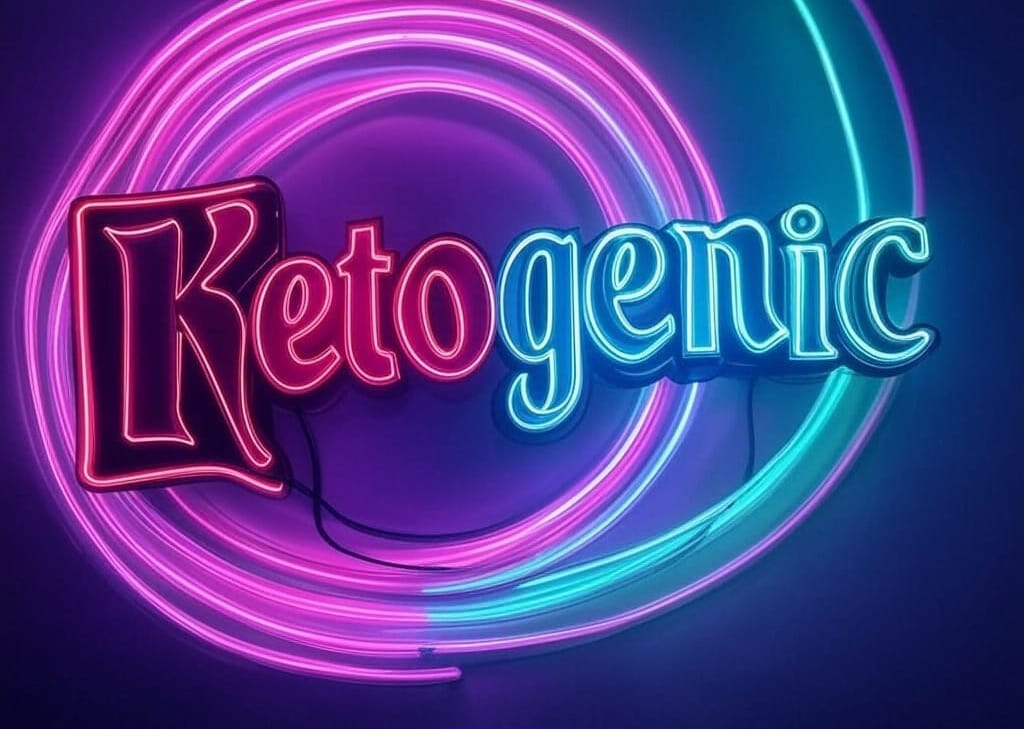

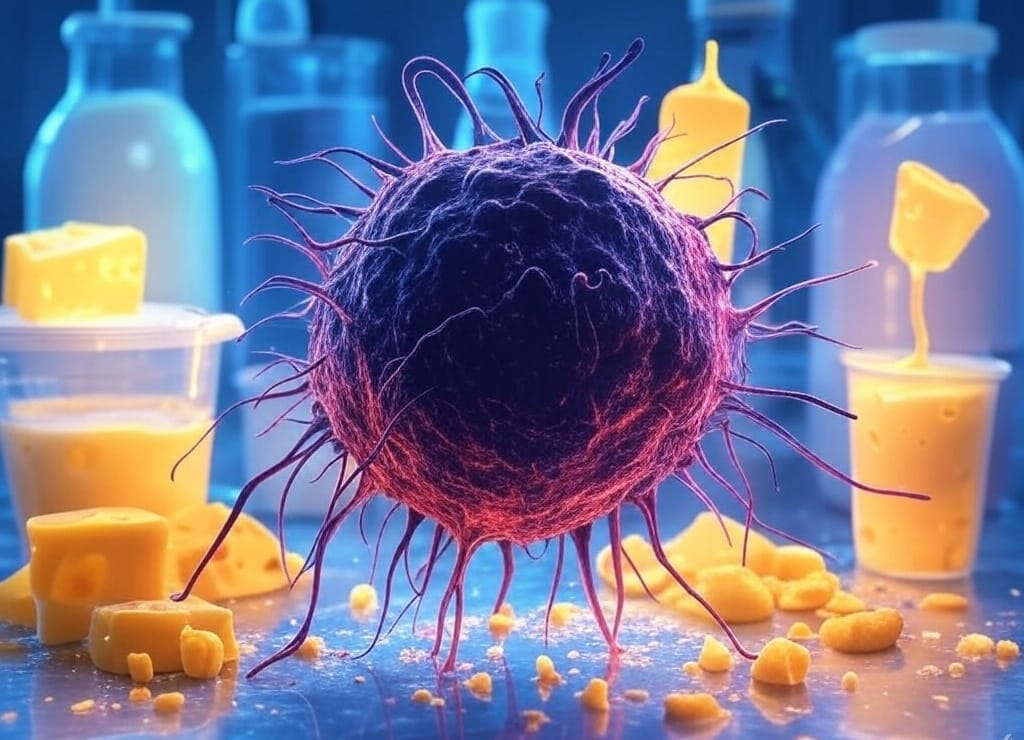
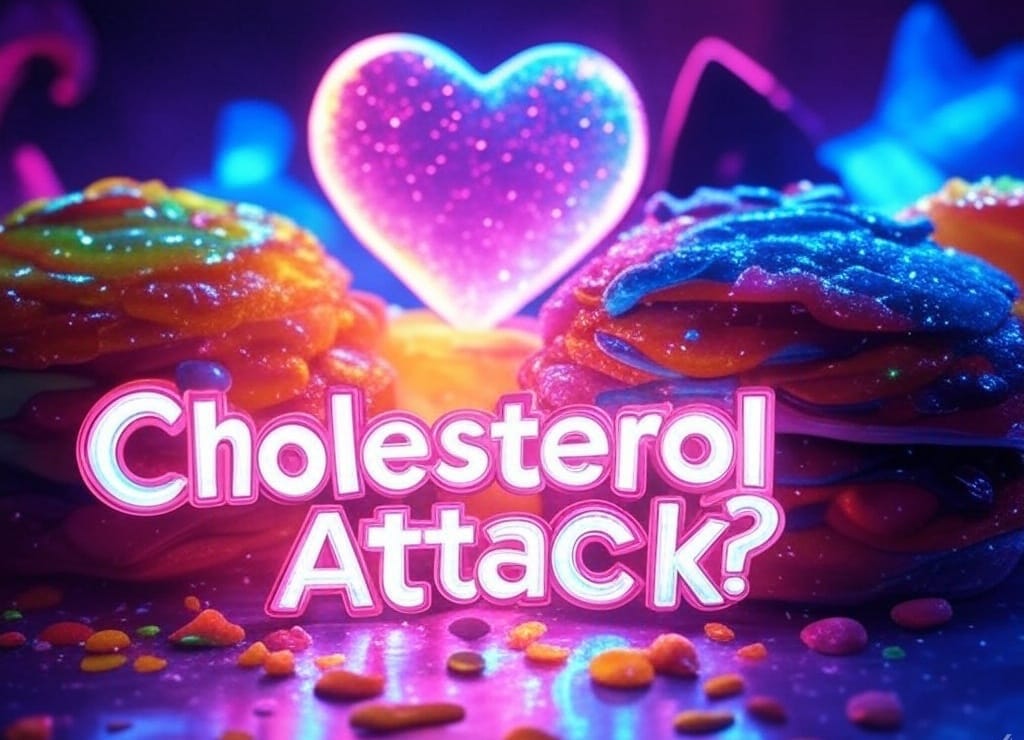
Discussion